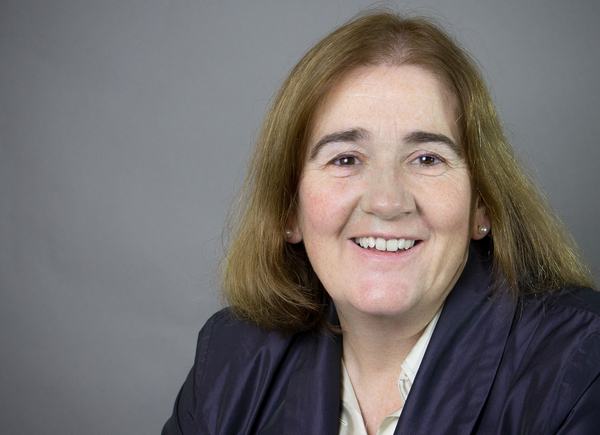Fast urbanization of former villages often results in an unexpected range of problems: lack of open space, longer commuting time, illegal waste dumpsites – which all lead to the decline of life quality in these areas.
Seeking short-term economic benefits, the decision makers tend to favour the industrial path, decreasing the share of agriculture in the local economy. However, agricultural areas provide long-term monetary, ecological and social benefits that should not be overlooked.
Zhaoquanying town is one of the examples of rapidly developing former villages in China. Being located at the periphery of Beijing, it can follow the successful German example of Zero-Emission villages that serve as significant suppliers of renewable energy to the urban areas.
Transformation of the existing waste-management system is the key concept of PERIVAL. Implementing this concept will lead to tremendous Greenhouse Gas mitigation, increasing the urban ecosystem resilience, creating new value chains and job sectors. Moreover, PERIVAL contributes to the newly released policy on municipal waste classification in PRC.
Agricultural organic waste has a tremendous potential for biogas production, having a fertilizer as an additional by-product. Recognizing the value behind what was previously considered waste is a big step towards sustainability.
Land Use Change and separate waste collection will be tested in Zhaoquanying during the project in order to demonstrate the Regional Added Value and prove that going green is a feasible financial decision.
PERIVAL will illustrate successful examples of closing the loops: re-using plastics in the synthetics industry and converting bio waste into biogas and fertilizer. For this purpose, research will be conducted to identify the optimal structure of waste collecting and sorting system.
Apart from the abovementioned economic and ecological benefits, PERIVAL highlights the social value behind the proposed activities, which is measured by the knowledge generated during the project timeline. This knowledge will build the solid foundation for further research activities and education in schools and municipalities.
| Funded by | Federal Ministry of Education and Research (BMBF) |
| Sponsorship ID | 01LE1802A |
| Duration | February 2019 - December 2020 |
| Project Leader | Prof. Dr.-Ing. Susanne Hartard |
| Funding UCB | 371.610,05 € |
| Target | Establishment of value chains in the periphery of urban regions |
| Lead Partner | German Aerospace Center (DLR) |
| Cooperation Partners | Universität Rostock, Agrar- und Umweltwissenschaftliche Fakultät, Prof. Dr. mont Michael Nelles; Municipality China Zhaoquanying Town - Beijing (Shunyi District) |
| Associated Partners | Sichuan University, Chengdu; Enviromental Science and Engineering Department, College of Architecture and Environment |

You are leaving the official website of Trier University of Applied Sciences